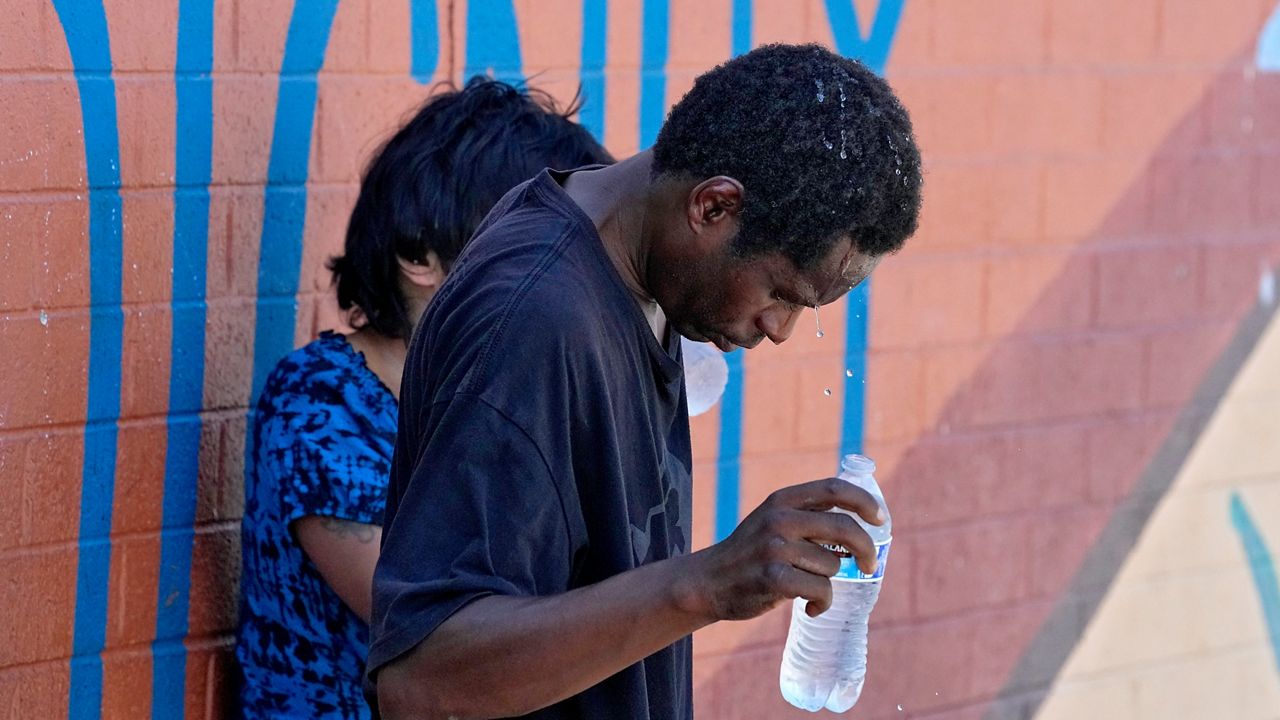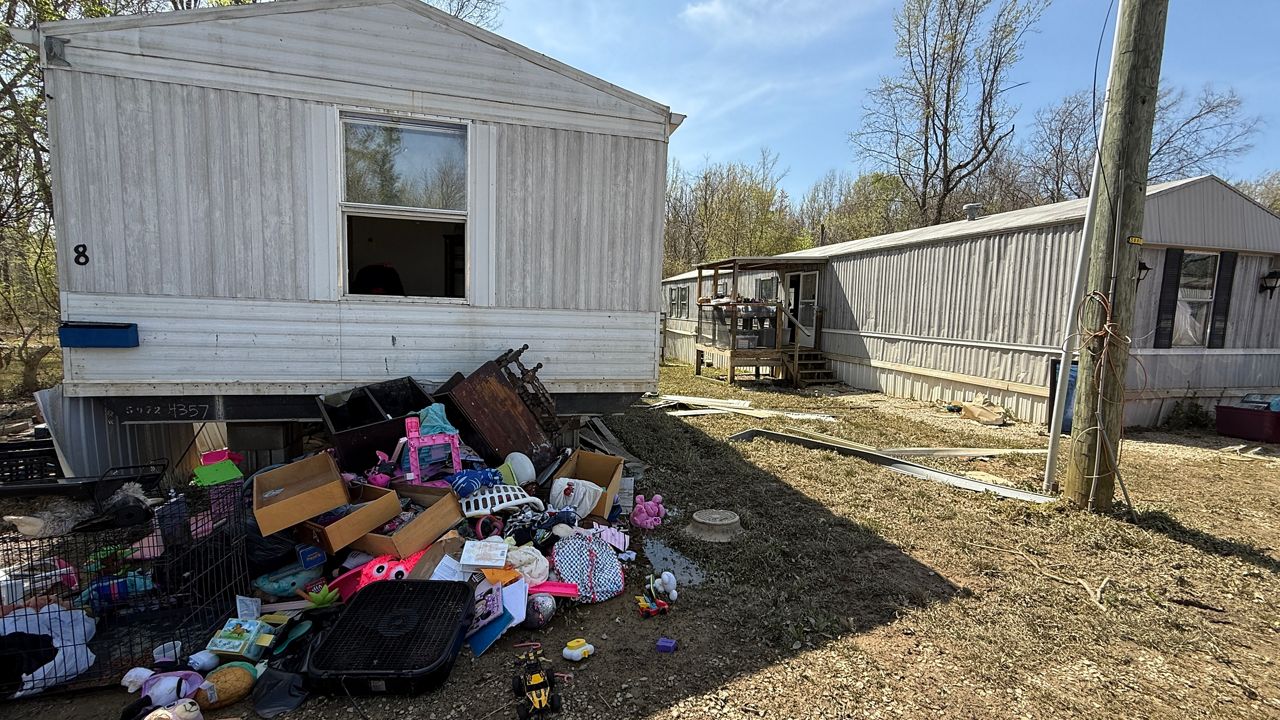LOUISVILLE, Ky. — It’s hitting what feels like triple digits across the state as a heat wave blankets the Bluegrass. Throughout the week and any time it’s incredibly hot, it’s important to be safe.
Kentuckians are braving the heatwave, and the heat affects everyone—even those who don't work outdoors.
From walking to class, to work, or just getting in and out of your car. Heat-related illnesses can sneak up on anyone in extremely high temperatures. Some Kentuckians shared how they were handling the heat.
“Make sure you have water, and then stay in the shade if you can,” said Louisville resident Alivia Sinnott.
“This summer heat, you know this tan is going crazy,” added University of Louisville student Niara Snowden.
“It feels like you’re walking a half mile in 100 degree weather and there’s no escape from it. But the campus is pretty well shaded, so it’s not horrible and you just have to drink a lot of water and try to stay cool,” said Kyler Sumpter, another UofL student.
Drinking lots of water was the most popular tip from residents, as well as from Louisville Pure Tap.
The organization said you should drink water before you feel thirsty, because if you’re thirsty, your body has already lost up to five cups of water.
If you’re working in the heat, you should drink eight ounces of water every fifteen to twenty minutes.
Signs of dehydration include dizziness, headaches, fatigue and confusion.
The heat can be dangerous and severe dehydration can lead to heat exhaustion or heat stroke, which can lead to hospitalization or even fatalities.
Record highs may be reached later this week, and high dew points will make the highs feel even higher. Learn more about the heat wave here.









